
Bloomsbury USA
An imprint of Bloomsbury Publishing Plc
1385 Broadway, New York, NY 10018 USA
50 Bedford Square, London, WC1B 3DP UK
www.bloomsbury.com
BLOOMSBURY and the Diana logo are trademarks of Bloomsbury Publishing Plc
First published 2009
This electronic edition published in 2017
John Boswell Management, Inc., 2009
All rights reserved.
No part of this publication may be reproduced or transmitted in any form or by any means, electronic or mechanical, including photocopying, recording, or any information storage or retrieval system, without prior permission in writing from the publishers.
No responsibility for loss caused to any individual or organization acting on or refraining from action as a result of the material in this publication can be accepted by Bloomsbury or the author.
ISBN: PB: 978-1-63557-015-1
ePub: 978-1-63557-016-8
LIBRARY OF CONGRESS CATALOGING-IN-PUBLICATION DATA
Skolnick, Solomon M.
The great American citizenship quiz / Solomon M. Skolnick.3rd ed.
p. cm.
Includes bibliographical references and index.
ISBN: 978-1-63557-015-1 (alk. paper)
1. CitizenshipUnited States. I. Title.
JK1759.S62 2009
323.6076dc22
2009019187
To find out more about our authors and books visit www.bloomsbury.com. Here you will find extracts, author interviews, details of forthcoming events, and the option to sign up for our newsletters.
Bloomsbury books may be purchased for business or promotional use. For information on bulk purchases please contact Macmillan Corporate and Premium Sales Department at .
Contents
Appendices
Citizenship: The status of a citizen with its attendant duties, rights, and privileges.
American Heritage Dictionary
At our nations beginnings freedom itself was contradictory: The craftsmen of our freedom, who had shaken off their own masters, could be masters of other men and denied their own mothers, wives, and daughters the right to vote. But the founders, despite their shortcomings, were driven to create a most extraordinary crucible of freedom and opportunity, which has been sustained by the remarkable depth of their beliefs and courage. The ability of the founders to articulate the workings of democracy in the documents that they drafted and the resilient institutions that they created have endured through slavery and prejudice, war and catastrophe, to provide compassion and forgiveness, inspiration and hope.
During the last decade the U.S. Citizenship and Immigration Services (USCIS) has welcomed more than 6.6 million naturalized citizens into our nation.
The Great American Citizenship Quiz provides the complete test and more. For those of you who are history buffs, and for those taking the test who want deeper detail, we have added fascinating background material, text of original documents, as well as quizzes, stories, and facts about our government and society, which have now thrived for more than two centuries.
The Great American Citizenship Quiz reflects the tests emphasis on identifying and teaching basic American ideas, values, rights, and responsibilities. Prospective citizens will be asked to answer up to ten of a potential one hundred questions. The text of the one hundred questions and the possible accepted answers reproduced here are provided by the U.S. Citizenship and Immigration Services.
 The Four Ideals, also known as self-evident truths, extolled in the Declaration of Independence are equality, natural rights, consent of the governed, and the right to revolution.
The Four Ideals, also known as self-evident truths, extolled in the Declaration of Independence are equality, natural rights, consent of the governed, and the right to revolution.
These are the times that try mens souls. The summer soldier and the sunshine patriot will, in this crisis, shrink from the service of the country; but he that stands it now deserves the love and thanks of man and woman. Tyranny, like hell, is not easily conquered, yet we have this consolation with us, that the harder the conflict the more glorious the triumph. What we obtain too cheap we esteem too lightly; it is dearness only that gives everything its value.
Thomas Paine, Common Sense, 1776
America is the only nation in the world that is founded on a creed. Other nations find their identity and cohesion in ethnicity, or geography, or partisan ideology, or cultural tradition. But America was founded on certain ideasideas about freedom, about human dignity, and about social responsibility.
G. K. Chesterton, What I Saw in America, 1922
Civil liberties emphasizes the liberty of the individual. In many other forms of government the importance of the individual has disappeared. The individual lives for the state. Here in a democracy the government still exists for the individual, but that does not mean that we do not have to watch and that we do not have to examine ourselves to be sure that we preserve the civil liberties for all our people, which are the basis of our democracy.
Eleanor Roosevelt, March 14, 1940
Prudence, indeed, will dictate that governments long established, should not be changed for light and transient causes; and, accordingly, all experience [has] shown that mankind are more disposed to suffer while evils are sufferable than to right themselves by abolishing the forms to which they are accustomed. But, when a long train of abuses and usurpations, pursuing invariably the same object, evinces a design to reduce [the people] under absolute despotism, it is their right, it is their duty, to throw off such government, and to provide new guards for their future security.
Thomas Jefferson, Declaration of Independence
PRINCIPLES OF AMERICAN DEMOCRACY
| What is the supreme law of the land? |
 | the Constitution |
| What does the Constitution do? |
 | sets up the government, defines the government, protects basic rights of Americans |
| The idea of self-government is in the first three words of the Constitution. What are these words? |
 | We the People |
The Constitution, the cornerstone of the American government, describes the structure of the government and the rights of we the people: We the People of the United States, in Order to form a more perfect Union, establish Justice, insure domestic Tranquility, provide for the common defense, promote the general Welfare, and secure the Blessings of Liberty to ourselves and our Posterity, do ordain and establish this Constitution for the United States of America. No law may be passed that contradicts its principles, and no person, or the government, is exempt from following it.
 | a change (to the Constitution), an addition (to the Constitution) |


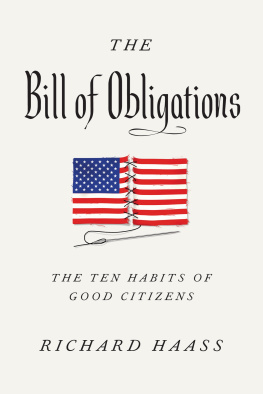
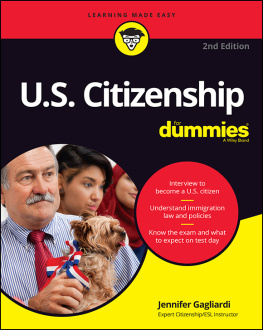
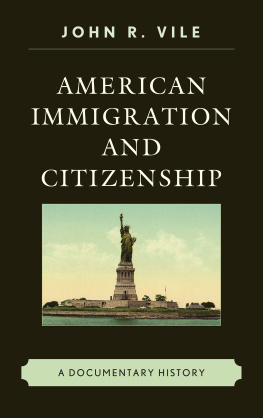

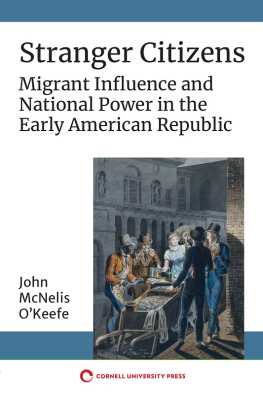
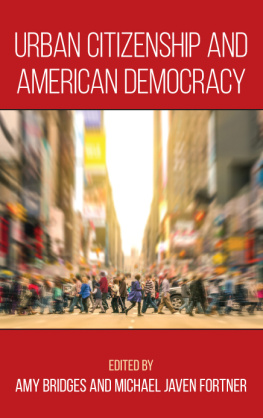
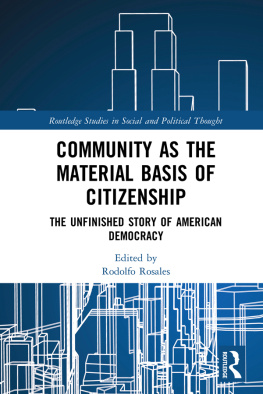
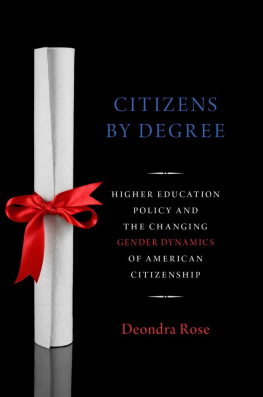



 The Four Ideals, also known as self-evident truths, extolled in the Declaration of Independence are equality, natural rights, consent of the governed, and the right to revolution.
The Four Ideals, also known as self-evident truths, extolled in the Declaration of Independence are equality, natural rights, consent of the governed, and the right to revolution.